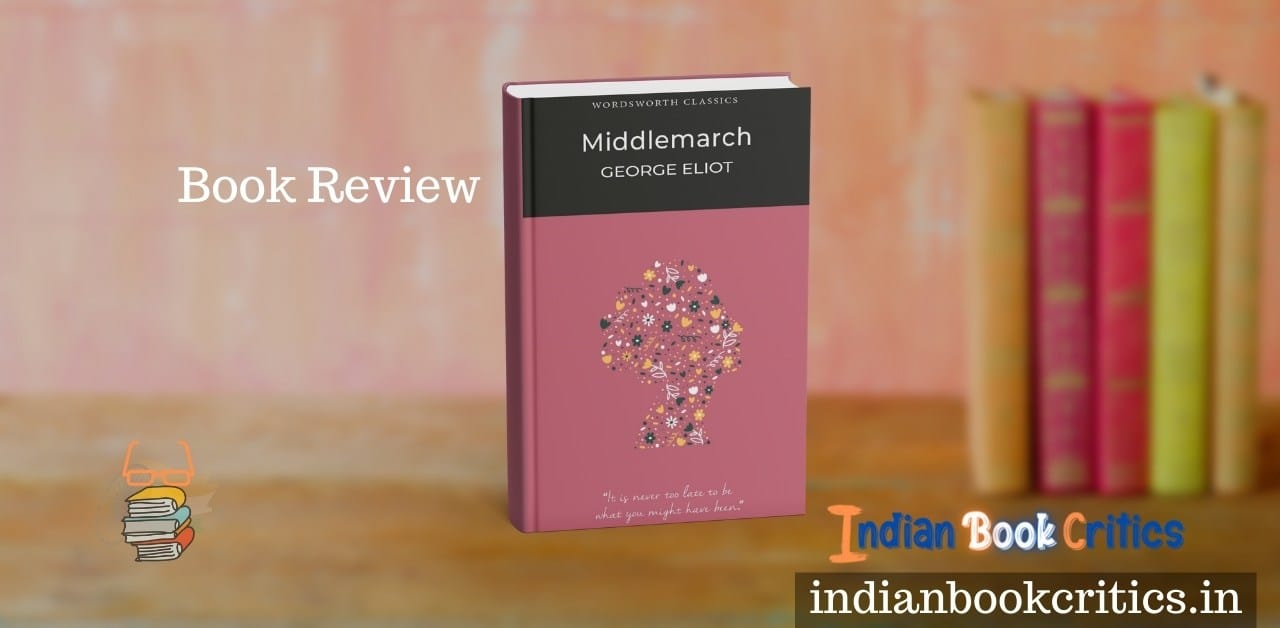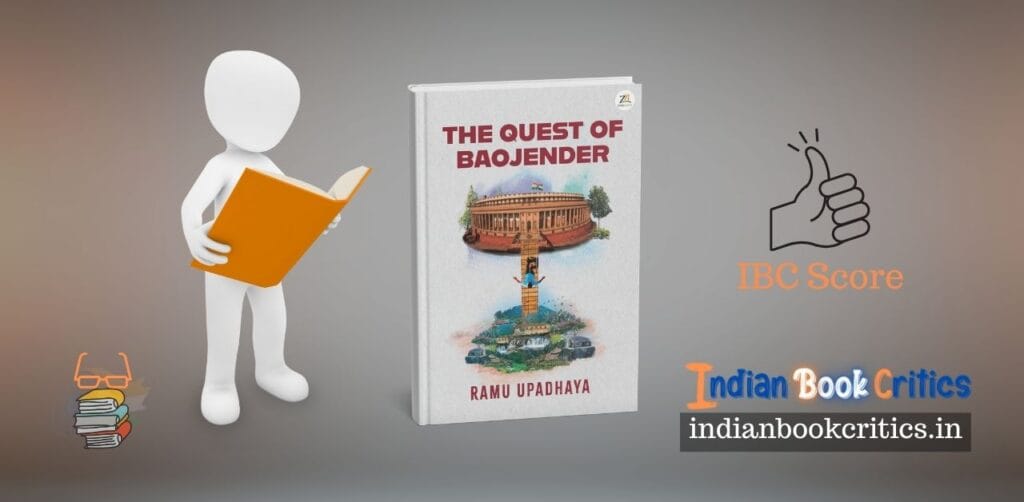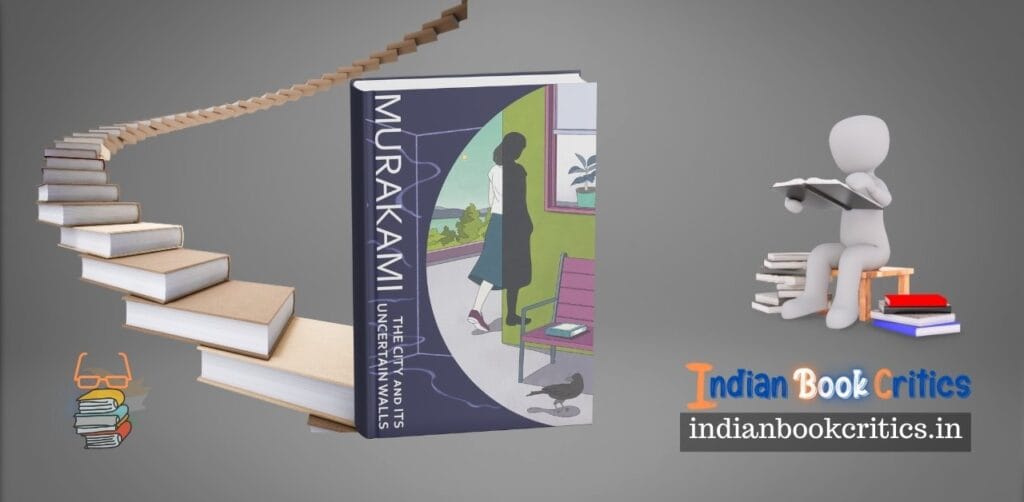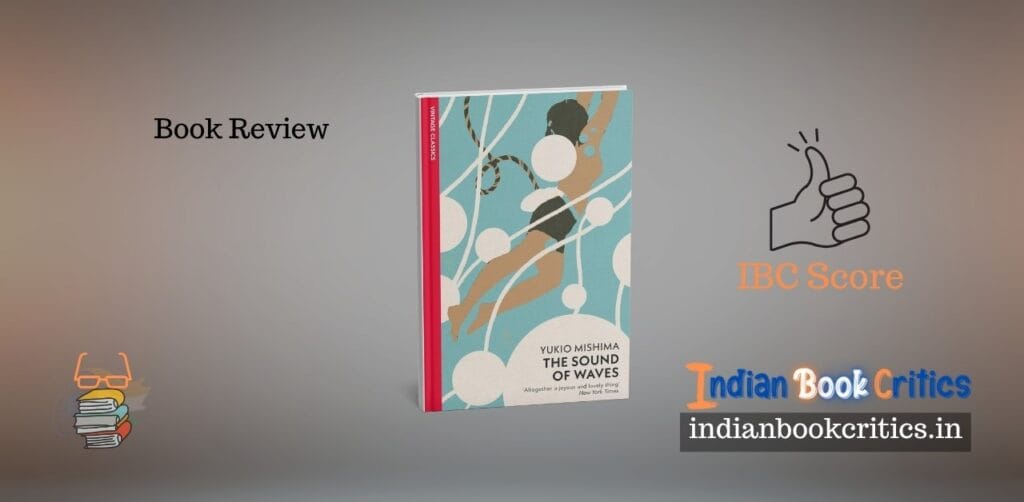George Eliot’s Middlemarch, published serially between 1871 and 1872, stands as one of the towering achievements of Victorian literature—a novel of such intellectual depth, psychological insight, and social scope that it transcends its era to speak with enduring relevance. At its core, Middlemarch is a study of provincial life, but to describe it merely as such would be to diminish its ambition. Eliot constructs an intricate web of interconnected lives in the fictional town of Middlemarch, using this microcosm to explore themes of idealism, reform, marriage, and the often-painful gap between human aspiration and reality. The novel’s subtitle, A Study of Provincial Life, hints at its methodical, almost scientific dissection of society, yet its brilliance lies in its ability to balance this analytical rigour with profound emotional resonance. Few novels capture the complexities of ordinary existence with such unflinching honesty or such deep compassion.
The narrative weaves together multiple plotlines, each illuminating different facets of the human condition. Dorothea Brooke, the novel’s moral centre, is a young woman of fierce intelligence and spiritual yearning who marries the aged scholar Edward Casaubon in the misguided hope of participating in his intellectual work. Her disillusionment—as she discovers Casaubon’s emotional sterility and the futility of his unfinished Key to All Mythologies—is one of the most devastating arcs in literature, a masterclass in the slow unravelling of romantic idealism. Eliot’s portrayal of their marriage is merciless in its psychological precision, exposing the tragedy of two people bound by mutual misunderstanding. Casaubon, though often ridiculed as a pedant, emerges as a deeply pitiable figure, his insecurity and fear of failure rendering him incapable of genuine connection. Their relationship serves as a cautionary tale about the dangers of self-delusion and the perils of projecting one’s desires onto another.
Parallel to Dorothea’s story runs that of Tertius Lydgate, the idealistic young doctor who arrives in Middlemarch with dreams of scientific advancement and social reform. His downfall—brought about by financial missteps and an ill-advised marriage to the shallow Rosamond Vincy—mirrors Dorothea’s in its exploration of how societal pressures and personal weaknesses conspire to thwart ambition. Lydgate’s tragedy is not merely one of circumstance but of character; his inability to resist Rosamond’s manipulations and his own prideful refusal to adapt to provincial expectations lead to his gradual surrender to mediocrity. Eliot’s treatment of Lydgate is emblematic of her broader philosophical stance: she is deeply sympathetic to human frailty yet unsparing in her critique of self-destructive tendencies. The novel’s famous “unvisited tombs” passage, in which Eliot reflects on the obscurity of most lives, underscores her belief in the quiet heroism of those who strive nobly, even if they do not achieve greatness.
Eliot’s secondary characters are no less vividly drawn, each contributing to the novel’s rich tapestry of human folly and resilience. The opportunistic banker Nicholas Bulstrode, whose past sins return to haunt him, embodies the moral compromises of Victorian capitalism. Fred Vincy and Mary Garth’s more conventional romance offers a counterpoint to the novel’s darker unions, suggesting that happiness, though modest, is possible when grounded in mutual respect rather than illusion. Even the gossipy Mrs. Cadwallader and the bumbling Reverend Farebrother are rendered with such specificity that they transcend caricature, becoming fully realised participants in the novel’s social panorama. Eliot’s ability to shift perspective with such fluidity—granting even minor figures moments of interiority—reflects her democratic view of narrative, a radical approach for its time.
Stylistically, Middlemarch is a triumph of realism, infused with a rare intellectual vitality. Eliot’s omniscient narrator is both compassionate and ironic, guiding the reader through the characters’ missteps with a voice that is at once detached and deeply engaged. Her prose, though dense by contemporary standards, rewards close attention with its subtle humour, penetrating insights, and moments of startling beauty. The novel’s structure, with its careful pacing and meticulous attention to cause and effect, reflects Eliot’s belief in the interconnectedness of all human actions—a vision influenced by her engagement with positivist philosophy. Yet for all its intellectual heft, Middlemarch never loses sight of the emotional lives of its characters. Eliot’s greatest gift is her ability to make the reader feel the weight of a glance, the significance of a silence, the crushing disappointment of a hope deferred.
The novel’s treatment of gender and societal expectations remains strikingly modern. Dorothea’s struggle to find meaningful work in a world that denies women intellectual fulfilment resonates powerfully today, as does her eventual, hard-won acceptance of a life shaped by compromise. Eliot, writing under a male pseudonym to ensure her work would be taken seriously, infuses the novel with a quiet but insistent feminist critique. Dorothea’s marriage to Will Ladislaw, though often dismissed as a conventional happy ending, is in fact a nuanced resolution—one that acknowledges the limits placed on women while still affirming the possibility of personal growth within those constraints. Similarly, Rosamond Vincy, though frequently unsympathetic, is a fascinating study in the ways patriarchal society pits women against one another and reduces them to objects of exchange.
Yet for all its virtues, Middlemarch is not without its challenges. The novel’s sheer length and leisurely pace may deter some readers, as may its occasionally digressive philosophical reflections. Eliot’s narrator, though brilliant, can sometimes feel overly intrusive, pausing the action to deliver lengthy disquisitions on human nature. Some critics have argued that the novel’s conclusion, with its abrupt shift in focus away from Dorothea, undermines its emotional impact, leaving specific threads unresolved. Others contend that Eliot’s determinism—her insistence on the ways character and circumstance dictate fate—can feel stifling, leaving little room for the possibility of radical change. These criticisms, however, pale beside the novel’s achievements.
In favour of Middlemarch, one might argue that it is perhaps the most extraordinary novel ever written about the tension between individual aspiration and social reality. Its psychological depth, its moral complexity, and its unparalleled ability to capture the texture of everyday life make it a work of enduring relevance. Against it, one might cite its demanding prose and its refusal to offer easy resolutions—qualities that, for many, are precisely its strengths. To read Middlemarch is to engage in a profound act of empathy, to see the world through the eyes of characters who are as flawed and as striving as ourselves. It is a novel that demands patience but repays it a hundredfold, offering not just a mirror to its own time but a lens through which to view our own. In its unflinching humanity, its intellectual rigour, and its deep compassion, Middlemarch stands as a testament to the novel’s highest possibilities—a book that, as Virginia Woolf famously declared, was “written for grown-up people.”
If you are interested in getting a copy of this work and reading this novel, get it here from Amazon India – click here.
Thoughtful Critic, a leading literary platform on the web, has featured Middlemarch by George Eliot and 21 more novels on this list – Must Read Novels by Women Novelists. Check it out.
Amit Mishra for Indian Book Critics
Middlemarch by George Eliot, a detailed review
- IBC Critical Rating
Summary
Rightly said by a lady of the fictional craft – a novel written for adults. Enjoy it (if you can). 🙂 😉




